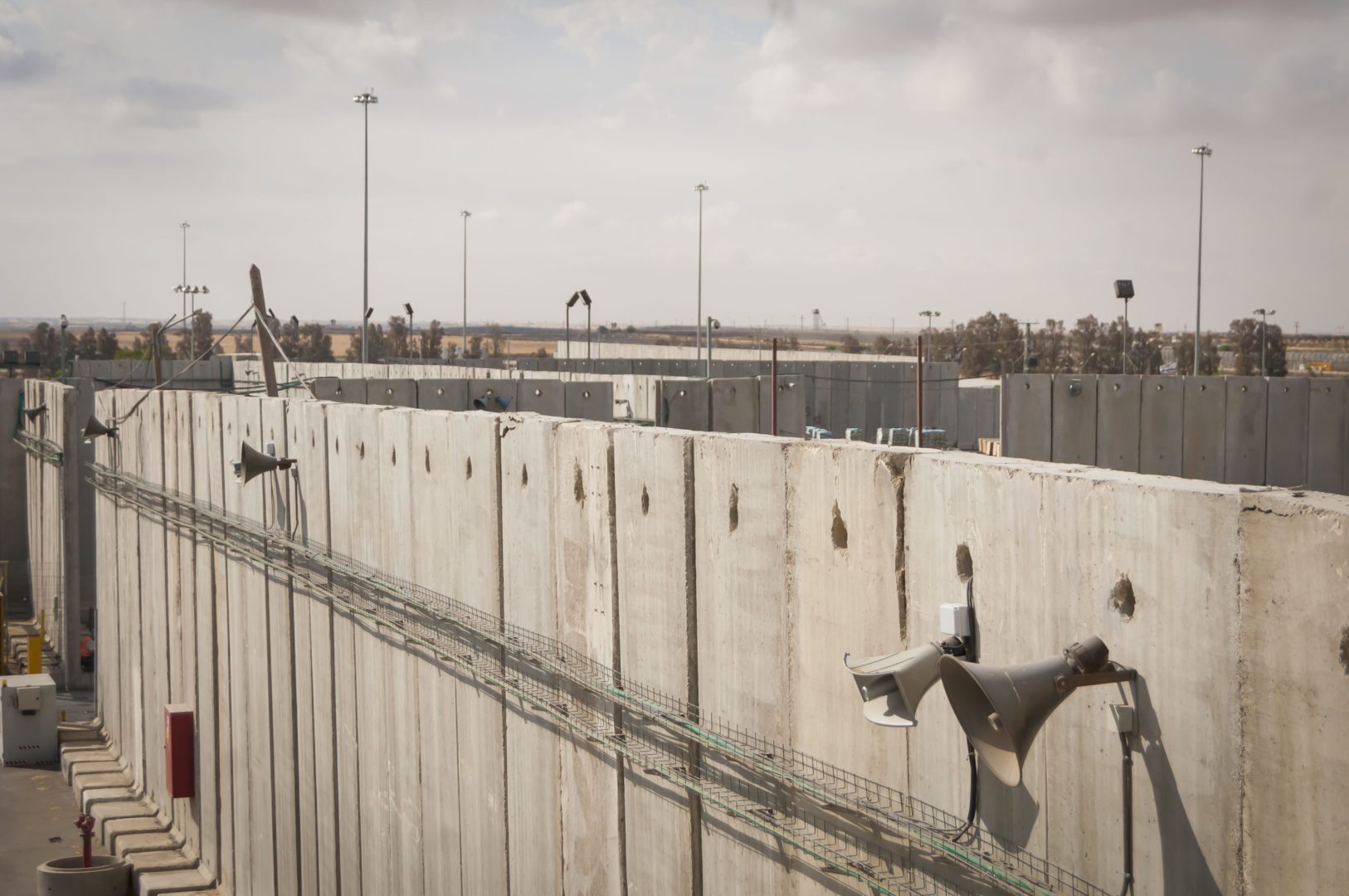

The demonstrations on 30 March, or Land Day, an annual commemoration of protests that erupted in 1976 in response to the expropriation of Arab lands, was meant to be a peaceful affair.
But as angry protestors approached the Gaza border fence – intent on voicing their growing desperation at the deterioration of living conditions behind the blockade, and in defiance of Israeli orders to maintain their distance – the Israeli military began firing.
Days after the violence on the border, which led to the death of 14 protestors and left hundreds more injured, a report by the Human Rights Watch (HRW) has labelled the Israeli military actions both needless and unlawful.
The HRW report notes that senior Israeli officials publicly stated both before and after the confrontation that soldiers stationed along the barrier that separates Gaza and Israel had orders to target “instigators” and those who approached the border.
Despite the use of lethal force, the Israeli government has presented no evidence that rock-throwing or other violence by demonstrators seriously threatened Israeli soldiers at the border.
“Israeli soldiers were not merely using excessive force, but were apparently acting on orders that all but ensured a bloody military response to the Palestinian demonstrations,” said Eric Goldstein, deputy Middle East director at HRW.
“The result was foreseeable deaths and injuries of demonstrators on the other side of a border who posed no imminent threat to life.”
The high number of deaths and injuries, the HRW states, was the predictable consequence of granting soldiers leeway to use lethal force outside of life-threatening situations, in violation of international norms and in the context of a culture of impunity around serious abuses within the Israeli army.
Amit Gilutz, a spokesperson for leading Israel human rights group B’Tselem separately calling the live firing on Palestinians “manifestly illegal,” and has urged Israeli forces to disobey open-fire orders unless Gaza protesters pose an imminent threat to soldiers’ lives.
“As long as soldiers in the field continue to receive orders to use live fire against unarmed civilians, they are duty-bound to refuse to comply,” the group said.
Israel has retaliated that it only targeted “instigators” who burned tyres or threw stones and firebombs toward the border fence. In one instance, the army says a pair of gunmen approached the border, and other protesters also tried to plant explosives along the fence.
But in other incidents, some caught on video, those shot appeared to have been unarmed and not actively involved in violence at the time they were struck.
In footage reviewed by HRW and believed to be authentic appears to show a demonstrator shot in the leg while praying and another that shows a man shot while throwing a rock.
Other videos appear to show demonstrators shot while slowly walking toward the border empty-handed or holding only a Palestinian flag or retreating from the border.
In HRW interviews with six witnesses, including three journalists, the witnesses confirmed that soldiers shot men who were simply present in the area between the encampments and the fence, but who posed no grave threat to anyone across the fence.
B’Tselem said that while Israel has the right to defend its border, it is still bound by international norms. The group noted simply approaching the fence, and even damaging it, does not provide grounds for using lethal force, and that Israel had other options for dispersing the crowds.
“The provisions limit [the use of lethal force] to instances involving tangible and immediate mortal danger, and only in the absence of any other alternative,” the group said. “Israel cannot simply decide that it is not bound by these rules.”
Neither was the violence that day limited to the border protests. In the early hours of 30 March, a young farmer identified as Amr Samour, 27, was also targeted by tank fire and killed near the town of Khan Yunis.
According to residents, he had been harvesting parsley before dawn in the hope of selling it fresh in the market later that day.
The Israeli military enforces a “no-go zone” along the border that restricts access to about 17 percent of Gaza’s territory, including a third of its agricultural lands. However, as the HRW notes, entering a zone declared off limits should not be a crime considered punishable by death.
The episode has elicited international concern and condemnation, and the United Nations and the European Union have called for an independent and transparent investigation.
You might also like...

Rainmaking in the world economy
19 April 2024

Oman receives Madha industrial city tender prices
19 April 2024

Neom seeks to raise funds in $1.3bn sukuk sale
19 April 2024

Saudi firm advances Neutral Zone real estate plans
19 April 2024
A MEED Subscription...
Subscribe or upgrade your current MEED.com package to support your strategic planning with the MENA region’s best source of business information. Proceed to our online shop below to find out more about the features in each package.





